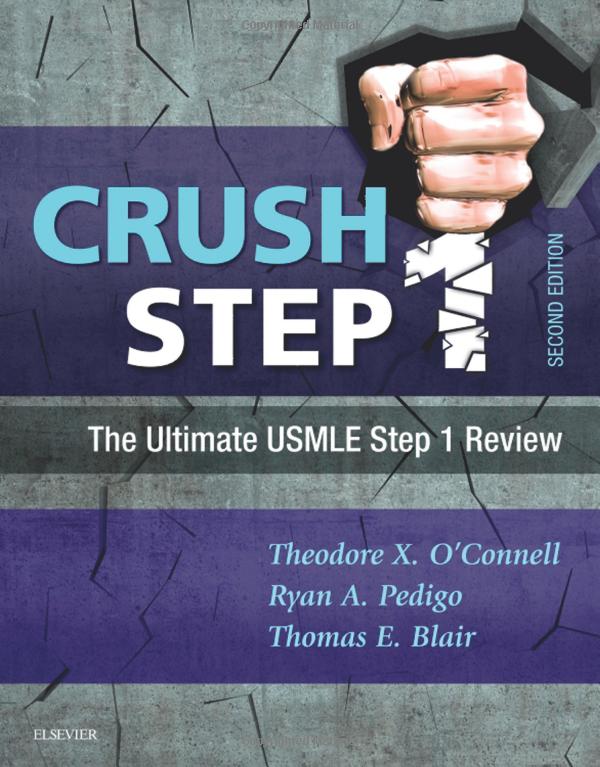A 34-year-old woman is brought to the emergency department by a friend with confusion and altered mental status. Her past medical history is significant for schizophrenia but is otherwise unremarkable. The friend reports that she does not drink alcohol. Her initial vitals are temperature 39.5°C (103.1°F), blood pressure 139/90 mm Hg, heart rate 110 beats/minute, and respirations 19/minute. Electrocardiogram is significant for sinus tachycardia without any other acute changes. Physical examination is significant for confusion, tachycardia, diffuse muscle rigidity.
E) Neuroleptic malignant syndrome
This patient is presenting with the tetrad of fever, rigidity, mental status changes, and autonomic instability seen with neuroleptic malignant syndrome (NMS). NMS can be caused by drugs that block dopamine transmission such as antipsychotics agents (which a patient with schizophrenia may be prescribed) or entiemetic agents. NMS is a life-threatening emergency that is treated by stopping the causative agent and providing supportive care. Medications may be indicated to treat moderate or severe clinical manifestations though their efficacy is unclear. Commonly used agents include dantrolene, bromocriptine, amantadine, and/or benzodiazepines.
Answer choice A: Acute alcohol withdrawal, is incorrect. Acute alcohol withdrawal presents with restlessness, anxiety, agitation, insomnia, tremor, palpitations, diaphoresis, nausea, and vomiting. More significant withdrawal symptoms can include hallucinations, seizures, or delirium tremens which can be life-threatening. Fever, as seen in this patient, would not be expected.
Answer choice B: Amphetamine overdose, is incorrect. Amphetamine overdose presents with signs of sympathetic excess such as tachycardia, hypertension, hyperthermia, diaphoresis, and mydriasis. In mental status such as agitation, anxiety, or violent behavior can be seen. Seizure may also occur. Musculoskeletal findings can include tremors and myoclonus as opposed to muscular rigidity is seen in this patient.
Answer choice C: Heroin overdose, is incorrect. Heroin overdose presents with depressed mental status, decreased respiratory rate, increased bowel sounds, and constricted pupils which were not described in this patient.
Answer choice D: Malignant hyperthermia, is incorrect. Malignant hyperthermia frequently presents elevated end tidal CO2, tachypnea, and sinus tachycardia sooner after induction with general anesthesia. Other findings can include masseter muscle rigidity, arrhythmias, and hyperthermia. Malignant hyperthermia is predominantly seen in patients receiving volatile anesthetic agents and has also been reported following administration of succinyl choline.
Key Learning Point
Neuroleptic malignant syndrome is characterized by the tetrad of fever, rigidity, mental status changes, and autonomic instability often caused by antipsychotic or antiemetic agents.

